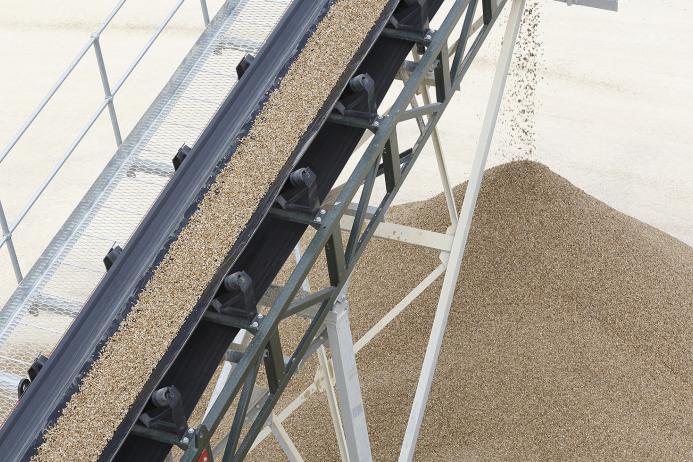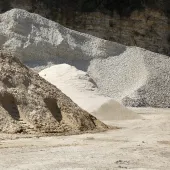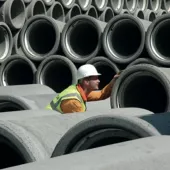New study announced before Scottish Aggregates Tax starts
MPA Scotland commissions research into the economic contribution of the mineral products industry
MPA Scotland, which represents the majority of Scotland’s aggregates producers, has kicked off research into the economic contribution of the industry, ahead of the introduction of the Scottish Aggregates Tax.
Working with Biggar Economics, the study will set out the contribution made by the industry, including the jobs it supports and its contribution to GDP and public finances. The study will also consider the future potential of the industry to support key growth areas of the Scottish economy in the future.
This comes ahead of the introduction next year of the Scottish Aggregates Tax, a new tax devolved from the UK Aggregates Levy. MPA Scotland has been engaged with the Scottish Government, but some issues are not yet settled, most notably the rate of the tax. The research will help benchmark the impact of the tax.
It will also complement research commissioned by the Scottish Government into the availability and suitability of secondary and recycled aggregates, which was a feature of debates around implementing the tax and on which there is little quality data.
All of these issues are expected to be considered at the Scottish Minerals Forum, which the Deputy First Minister has agreed to establish.
Alan Doak, director of MPA Scotland, said: ‘Regardless of the level of tax imposed on primary aggregates, recycled aggregates will only be a cost-effective option on sites within a reasonable distance of the recycling facility, with haulage costs quickly outweighing any tax savings the further delivery vehicles have to travel.
‘There was lots of discussion during the debates on the Bill on the roles played in the Scottish economy by recycled and virgin aggregates. There is a suggestion from some involved in the recycling sector that the best way to encourage the increased use of recycled aggregates is to increase the rate of aggregates tax levied on primary aggregates. But the main issue limiting the current use of recycled aggregates is the reluctance of clients and engineers to specify recycled aggregates for use on construction projects.
‘The research we have commissioned will help everyone approach these issues on the basis of fact rather than emotion. We also look forward to establishing the Scottish Minerals Forum, to monitor the implementation of the Tax, consider this research programme, and ensure that our industry is delivering for Scotland.’










